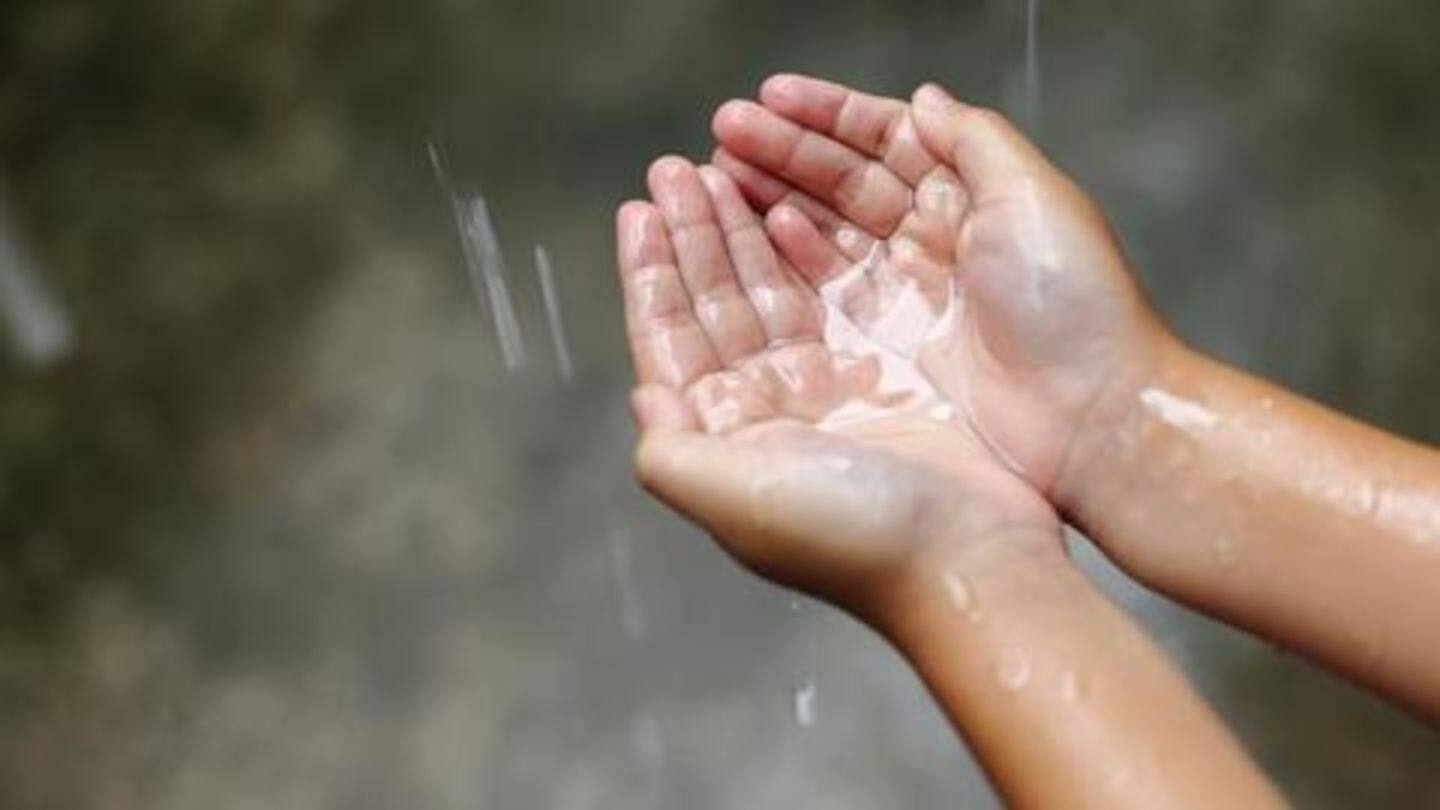
Common skin issues in monsoon, and their cure
What's the story
Although the monsoon season is sure to offer some much-needed relief from the scorching summer heat, it could still be a tricky time for your health.
Owing to excessive rainfall, increased humidity, and water stagnation, we are at a risk of various skin infections and other diseases.
Here, we list some common skin problems in monsoons, and what you can do about them.
#1
Acne and Eczema
During the monsoon, many women complain of unexpected acne breakouts and eczema (a kind of skin rash that leads to skin inflammation).
Although these skin conditions aren't long term or serious, they might get severe, if left untreated.
So, if acne or eczema trouble you this monsoon, consult your dermatologist, and seek medical help.
#2
Dull, frizzy hair
Courtesy excessive moisture, many ladies are also troubled by dull and frizzy hair during the rainy season. However, with simple home remedies, you can deal with the condition.
If you wish to reduce hair dullness and frizz, avoid using hot water for hair wash, avoid hair dryers, and regularly oil your hair.
Certain homemade hair packs like coconut milk hair pack can help too.
Information
#3: Skin allergies
Skin allergies also commonly occur during the monsoon season. The symptoms usually show up on the upper back area, hands, and feet. To deal with it, talk to your dermatologist, who might prescribe antihistamines, as they block histamines, thus curbing allergy symptoms.
#4,5
Folliculitis and Hyperhidrosis
Folliculitis: Caused due to excess moisture in a body area, Folliculitis is a bacteria or fungus-induced infection of the hair follicles. This makes the hair follicle swell up, sometimes even leading to pus. To cure, try using a medicated cream or cold sponging on affected areas.
Hyperhidrosis: Excess sweat in armpits, palms, or face may develop into an infection. Botox might help cure it.
Tips
General tips to stay safe from skin diseases, this monsoon
To stay protected from skin diseases in monsoon season, follow these simple tips:
1) Wear loose and comfortable clothes. Avoid tight accessories like belts and headbands.
2) Wear slippers/shoes every time you take a walk. Don't roam around barefoot.
3) Avoid sharing of towels, socks, and inners, to reduce your risk of infection.
4) Use an anti-fungal powder on your body after taking bath.